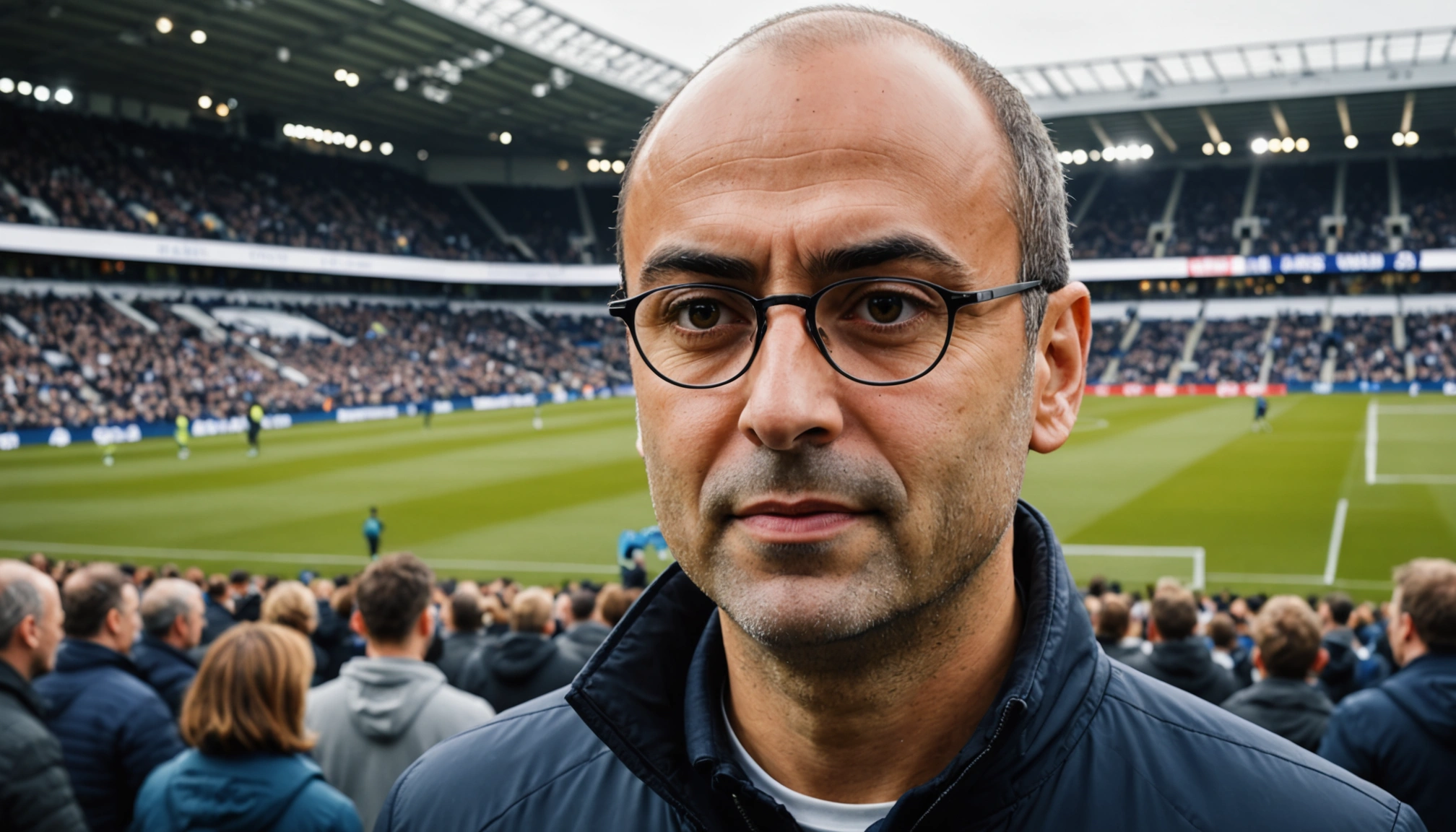Why Are Champions League Games Played On Thursdays?
Discover why some Champions League matches are scheduled on Thursdays, the new exclusive week format, and what it means for fans and clubs.

By Editorial
Introduction To The Champions League Thursday Matches
The UEFA Champions League has long been synonymous with midweek football magic, traditionally played on Tuesdays and Wednesdays. However, recent changes have introduced an intriguing twist: Champions League matches taking place on Thursdays. This scheduling shift has raised questions among fans, pundits, and clubs alike. Why are these elite games now featuring on a Thursday? This article delves into the reasons behind this change, its impact on the football calendar, and what supporters can expect.
Understanding UEFA’s Exclusive Week Concept
UEFA introduced the concept of 'exclusive weeks' in the Champions League format starting last season, continuing into 2025-26. During these exclusive weeks, Champions League matches are spread over three evenings: Tuesday, Wednesday, and notably, Thursday. This format is unique to the Champions League, as no other UEFA men's club competitions—such as the Europa League or Conference League—schedule matches during these weeks.
The exclusive week is designed to give the Champions League undivided attention from fans and broadcasters. By allocating one week where only Champions League matches occur, UEFA aims to maximise viewership and commercial value, showcasing Europe's elite clubs without competition from other tournaments. The inaugural exclusive week is scheduled for matchday one of the league phase, typically mid-September, which explains the recent Thursday fixtures.
What Does The New Schedule Look Like?
Traditionally, Champions League games have been played across Tuesday and Wednesday nights, with Europa League and Conference League matches assigned to Thursdays. UEFA’s new structure retains this format for most weeks in the season, but during the exclusive week, Champions League matches extend to Thursdays as well.
For example, on Thursday 18 September 2025, six Champions League matches are scheduled, including high-profile fixtures like Manchester City vs Napoli and Newcastle United vs Barcelona. This spread across three nights allows UEFA to feature more matches with prime broadcast slots, giving fans greater access to top-tier European football.
Comparing Europa League And Conference League Exclusive Weeks
UEFA has also introduced exclusive weeks for the Europa League and Conference League, although these are shorter and less expansive than the Champions League’s. The Europa League exclusive week occurs across two days—Wednesday and Thursday—while the Conference League’s exclusive week is a single night event. These weeks ensure each competition receives focused attention without overlap, improving scheduling clarity for fans and media alike.
How Does This Affect Clubs And Supporters?
For clubs, Thursday matches can mean adjustments in travel and preparation routines. Playing on Thursday instead of the usual midweek evenings may affect recovery times before weekend league fixtures. However, the dedicated Champions League week offers enhanced exposure, potentially increasing revenue and fan engagement.
Supporters might find the Thursday games convenient or challenging depending on personal schedules. Yet, the exclusivity of the week ensures that fans can immerse themselves fully in Champions League action without competing fixtures from other UEFA competitions.
Broadcast And Commercial Benefits
From a broadcasting perspective, spreading Champions League games from Tuesday through Thursday maximises global viewing figures. It allows UEFA to avoid overlapping matches between their top competition and other tournaments, thus preserving the premium status of the Champions League.
This scheduling benefits sponsors and advertisers by providing a longer window of high-profile football content, which can translate into increased commercial returns for UEFA and participating clubs.
What Are The Broader Implications For European Football?
The introduction of exclusive weeks is a strategic move by UEFA to refine and elevate the stature of its competitions. It highlights the Champions League as the flagship tournament of European club football, ensuring it remains at the forefront of fans’ and broadcasters’ minds.
This approach also helps streamline the congested European football calendar, reducing fixture clashes and providing clearer schedules for clubs competing on multiple fronts.
Insights From Other European Competitions
For those interested in following the wider football landscape, our Complete Guide To 2026 World Cup European Qualifying Fixtures And Schedule offers a detailed overview of upcoming international matches impacting European sides, complementing their club commitments.
Conclusion: Embracing The Champions League Evolution
Champions League Thursday matches represent UEFA’s innovative response to a crowded football calendar and the growing demand for high-quality broadcast content. While it may take some getting used to for fans and clubs, the exclusive week format enriches the viewing experience by offering uninterrupted access to Europe’s finest football.
As the 2025-26 season progresses, expect these Thursday fixtures to become a regular highlight, showcasing thrilling encounters between Europe’s top clubs. Whether you’re a die-hard supporter or a casual viewer, the new schedule promises more chances to engage with the drama and excitement only the Champions League can deliver.
Related topics
Editorial
Sports expert at SportsScoop
Specialist in sports analysis and journalism
Related articles
Want to read more?
Explore our comprehensive collection of sports articles and analysis, or contact us for more information.



